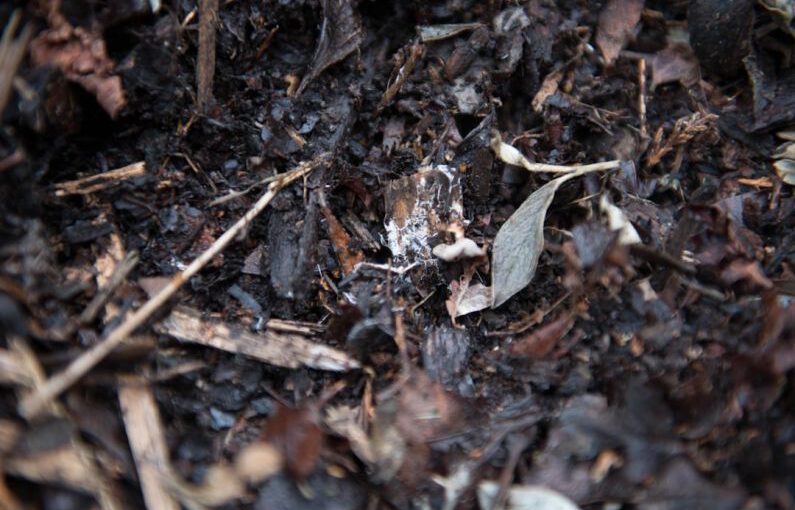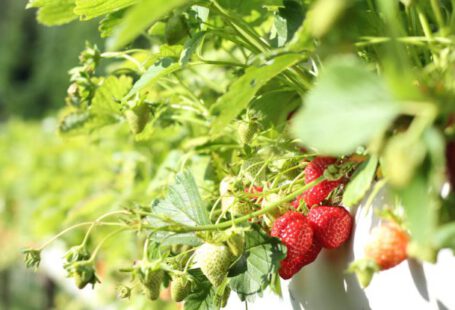Composting is a simple yet powerful way to enhance soil health and promote sustainable gardening practices. By breaking down organic matter into nutrient-rich humus, composting provides a natural and cost-effective solution to improve soil structure, fertility, and overall plant growth. Whether you are a seasoned gardener or just starting out, understanding the basics of composting is essential for creating a thriving garden ecosystem.
Choosing the Right Ingredients
The first step in successful composting is selecting the right ingredients. Organic materials such as fruit and vegetable scraps, yard waste, coffee grounds, and eggshells are excellent choices for composting. Avoid adding meat, dairy, or oily foods, as these can attract pests and slow down the composting process. It’s important to maintain a balance of green (nitrogen-rich) and brown (carbon-rich) materials in your compost pile to ensure proper decomposition. Green materials provide essential nutrients for microorganisms, while brown materials help create aeration and structure in the compost pile.
Building a Compost Pile
Building a compost pile is a straightforward process that can be done in a designated compost bin or a simple pile in your backyard. Start by layering green and brown materials in alternating layers to encourage decomposition. It’s beneficial to shred or chop larger pieces of organic matter to speed up the composting process. Make sure to keep your compost pile moist but not waterlogged, as moisture is essential for the breakdown of organic materials. Turning the compost pile regularly helps aerate the materials and accelerate decomposition by introducing oxygen to the microorganisms responsible for breaking down the organic matter.
Monitoring the Composting Process
Monitoring the composting process is crucial to ensuring that your compost pile is functioning properly. A well-maintained compost pile should heat up as the organic materials decompose, reaching temperatures between 120-160°F. This heat helps kill weed seeds and pathogens while speeding up the breakdown of organic matter. If your compost pile is not heating up, it may be too dry or lacking nitrogen-rich materials. Adjusting the moisture level and adding green materials can help kickstart the decomposition process.
Harvesting and Using Compost
Once your compost pile has fully decomposed, it’s time to harvest the finished compost and incorporate it into your garden soil. Finished compost should have a dark, crumbly texture and a rich earthy smell. Remove any larger pieces of organic matter that have not fully broken down and sift the compost to ensure a consistent texture. Adding compost to your garden soil improves soil structure, increases water retention, and provides essential nutrients for plant growth. Mix the compost into the top few inches of soil or use it as a mulch around existing plants to reap the benefits of your hard work.
Benefits of Composting for Soil Health
Composting offers a range of benefits for soil health and plant growth. By adding organic matter to the soil, compost improves soil structure, increases microbial activity, and enhances nutrient availability for plants. Healthy soil promotes strong root growth, reduces erosion, and supports a diverse ecosystem of beneficial organisms. Composting also helps reduce waste by diverting organic materials from landfills and returning them to the earth in a sustainable way.
Incorporating composting into your gardening routine is a simple yet impactful way to promote soil health and sustainability. By understanding the basics of composting, you can create a thriving garden ecosystem that benefits both your plants and the environment. Start small, experiment with different composting techniques, and observe the transformation of organic matter into nutrient-rich humus that will nourish your garden for years to come.





